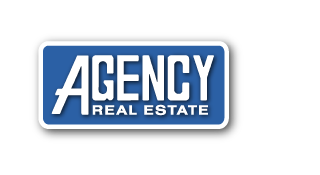#2 How Much Home Can You Afford?
Now that you have figured out the type of home that best suits your needs, next you will need to determine what you can afford to buy. Knowing your price range allows you to avoid wasting time looking at homes that do not fit your criteria. If there are more homes available in your area than there are buyers, then you are in a buyers’ market. You may look at homes that are priced slightly higher than your upper limit because there is more room for negotiation with the seller.
Lender Pre-Approval
Contacting lenders for pre-approval and receiving a written letter verifying your top loan amount will help to make your offer more attractive to the seller. You will save time by eliminating from your search homes either above or below your price range. Though you may not want to make an offer for at the high end of your approved borrowing amount, you may be able to afford more than you realized.
Do not confuse pre-approval with pre-qualification. Pre-qualification is a lender's opinion based on the financial information that you provide and is not verified. During the pre-approval process, your credit, bank references and employment are all verified. A lender's pre-approval letter will demonstrate to the seller that you are serious.
Several factors go into the determination of what price home you can afford. A lender will calculate your expense-to-income ratio and review your total projected monthly housing expenses in relationship to your income and existing debt. In advance, you can review your income, savings, monthly expenses and debt.
- Gross income
- Available funds for down payment, closings costs and other fees and any cash reserves that your lender mandates.
- Total debt and monthly installment payments
- Credit history
- Type of mortgage
- Interest rates
Your Agency Real Estate professional can provide you with the guidance you need and answer your questions about preparing yourself financially to purchase a home.

